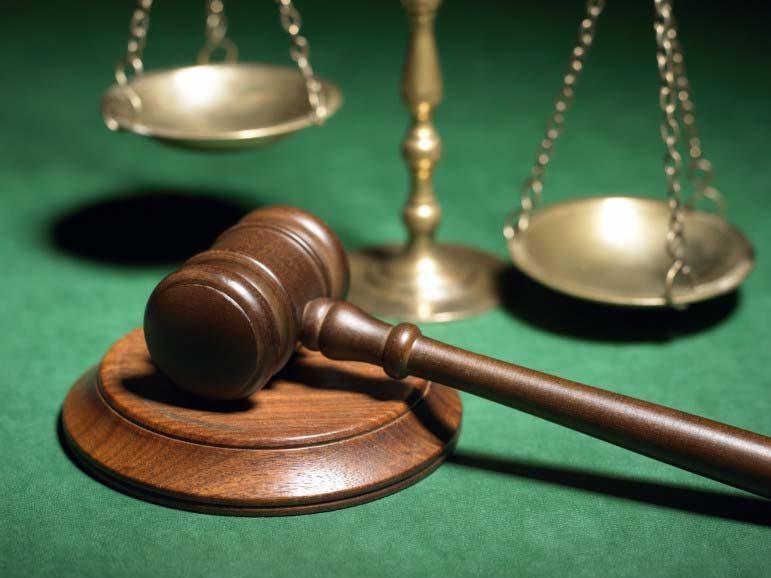
The vast majority – or 80 percent – of claims lodged in Qatar’s courts in 2013 were cleared the same year they were filed, according to new government figures.
The data was reported by QNA yesterday, which cited an annual statistical statement released by the Supreme Judicial Council.
The report isn’t currently available online, but according to QNA, decisions were made on 66,020 of the 81,169 cases brought before all courts in 2013, including the lower criminal court and Court of Cassation.
The states news agency added that the number of criminal cases brought before the courts went up only marginally from 2012, by 2,432 cases, for a total of 48,648 cases.
Other claims, including civil lawsuits, labor litigation and “urgent cases” comprised the majority of the remaining cases.
According to the statement, cases cleared by the courts during the summer months of July – September also went up, with rulings made on 6,923 claims – an increase of 1,823 from 2012.
Despite the higher caseload, the court appeared to maintain the same 80 percent clearance rate it had in 2012, according to the Peninsula.
Judicial changes
The high clearance rate comes as Qatar faces significant pressure from internal and external groups to revamp its judicial system, which was formed a quarter century ago when the population was less than a million people.
In 2012, prominent lawyer Yusuf Al Zaman said:
“What worries legal circles is the delay in dispensing justice as court proceedings are taking much (more) time and cases are taking longer than expected to decide.”
He added:
“So many changes have taken place…since (1990), with the population…having literally exploded…there is the need to amend the procedure codes to make sure they help the laws and the judicial machinery cope…with the developments.”
The United Nations also appears to favor change.
During a weeklong visit to Qatar last year, Gabriela Knaul, the UN’s special rapporteur on the independence of judges and lawyers, said that courts here needed to make a clearer distinction between public and state interests.
She added that she had received information showing powerful politicians and large businesses meddling in cases and influencing prosecutors.
Knaul’s full report has yet to be released, but she did make some recommendations during the end of her visit.
These included establishing a code of conduct and ethics for judges, appointing more female judges, implementing modern methods of recording court minutes, making documents related to proceedings and cases available in English and waiving court fees for individuals who could not afford them.
Knaul also called for the creation of an independent and self-regulating bar association that would monitor judicial proceedings, appointments, and minimize the influence exerted by external parties.
Thoughts?